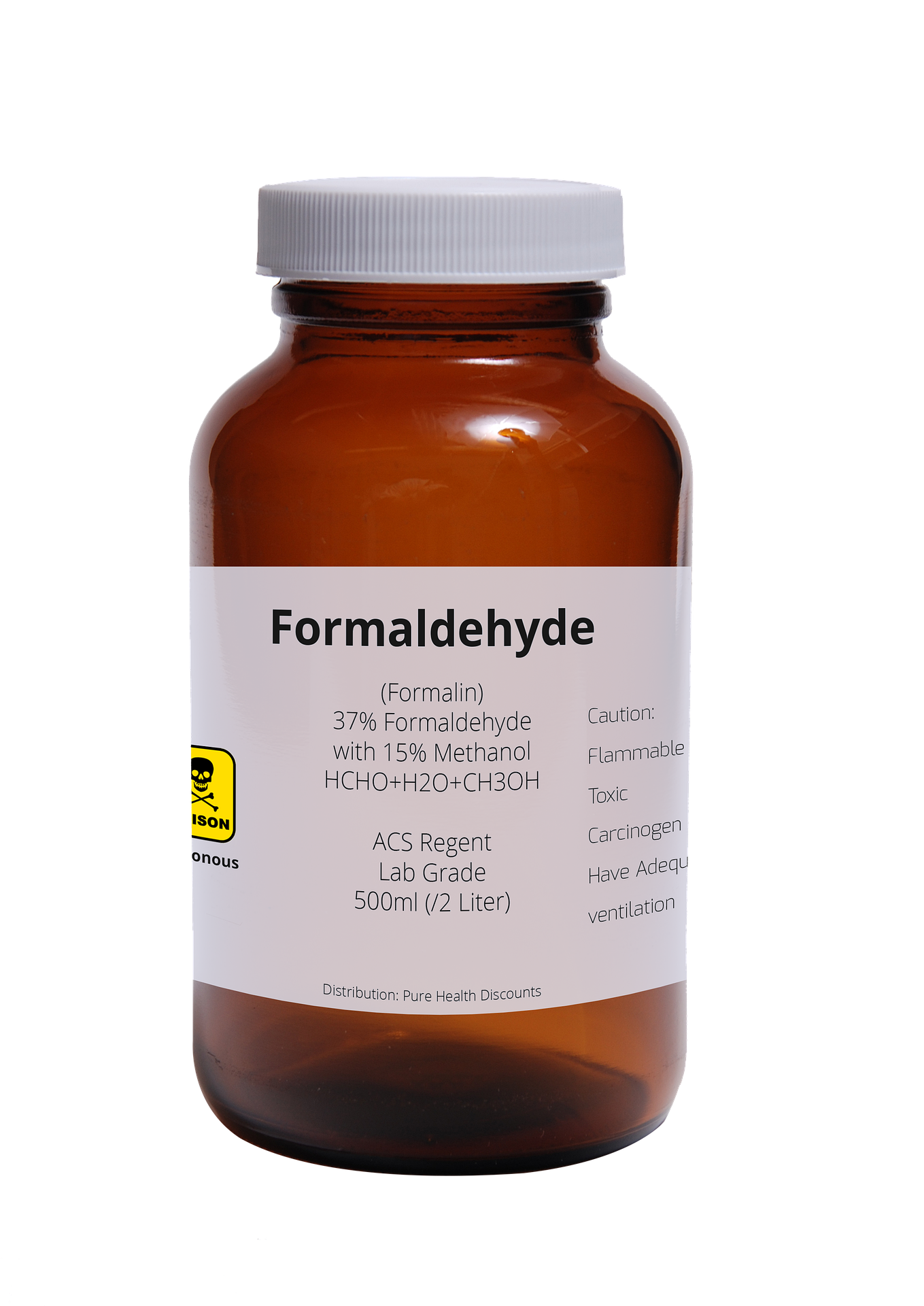Formaldehyde Production in Nigeria: A Guide for Manufacturers and Traders
Formaldehyde is a vital chemical widely used across various industries, including construction, furniture manufacturing, textiles, and adhesives. In Nigeria, the demand for formaldehyde continues to grow due to the country’s expanding industrial sector. Understanding formaldehyde production, its applications, and local market dynamics is essential for businesses aiming to capitalize on these opportunities.
Understanding Formaldehyde Production
Formaldehyde, a colorless gas with a strong odor, is primarily produced through the catalytic oxidation of methanol. In industrial settings, this process is conducted using silver or metal oxide catalysts, producing high-purity formaldehyde suitable for multiple applications.
Nigeria’s formaldehyde production relies heavily on local chemical plants, many of which integrate the process with downstream industries such as resin manufacturing. The country has significant potential to expand production, given its access to methanol and other raw materials.
Applications of Formaldehyde in Nigeria
Formaldehyde’s versatility makes it indispensable in several sectors:
-
Wood and Furniture Industry: Used in the production of urea-formaldehyde and phenol-formaldehyde resins, which are essential in laminates, particleboards, and plywood.
-
Textile Industry: Formaldehyde-based resins improve fabric durability, wrinkle resistance, and color retention.
-
Chemical Manufacturing: Acts as a key raw material for producing adhesives, coatings, plastics, and disinfectants.
-
Construction: Incorporated into insulation materials and surface coatings to enhance durability and fire resistance.
The growing demand in these sectors makes formaldehyde a critical component for industrial growth in Nigeria.
Challenges in Formaldehyde Production
While the Nigerian market shows promise, local producers face several challenges:
-
Raw Material Availability: Limited access to methanol and other precursors can disrupt production schedules.
-
Energy Costs: High electricity and fuel costs impact manufacturing efficiency.
-
Regulatory Compliance: Formaldehyde is classified as a hazardous chemical, requiring strict adherence to environmental and safety standards.
-
Technological Constraints: Many local facilities operate with outdated equipment, limiting output and quality.
Addressing these challenges is crucial for consistent production and market growth.
Opportunities for Businesses
Despite challenges, formaldehyde production in Nigeria presents significant opportunities:
-
Investment in Modern Facilities: Upgrading production plants can enhance efficiency and output.
-
Strategic Sourcing: Partnering with reliable suppliers for raw materials ensures uninterrupted production.
-
Export Potential: High-quality formaldehyde and resins produced locally can meet the demands of neighboring African countries.
Companies like Wigmore Trading provide essential support in sourcing high-quality chemicals, including formaldehyde, ensuring compliance, and streamlining logistics for Nigerian industries.
How Wigmore Trading Supports the Industry
At Wigmore Trading, we understand the complexities of chemical production and industrial supply chains. Our services include:
-
Supplying high-grade formaldehyde and related chemicals.
-
Facilitating logistics and timely delivery across Nigeria and Africa.
-
Advising businesses on regulatory compliance and best practices.
-
Providing tailored solutions for manufacturers in furniture, textile, and chemical industries.
Partnering with experienced providers like Wigmore Trading ensures that your formaldehyde supply chain is reliable, efficient, and compliant with local standards.
Conclusion
Formaldehyde production in Nigeria is a growing sector with immense potential. While challenges such as raw material availability and regulatory compliance exist, strategic sourcing, investment in technology, and partnerships with trusted providers can overcome these hurdles.
Wigmore Trading can help. Get in touch with our team to learn more about sourcing formaldehyde and supporting your industrial operations in Nigeria.








Comments are closed.